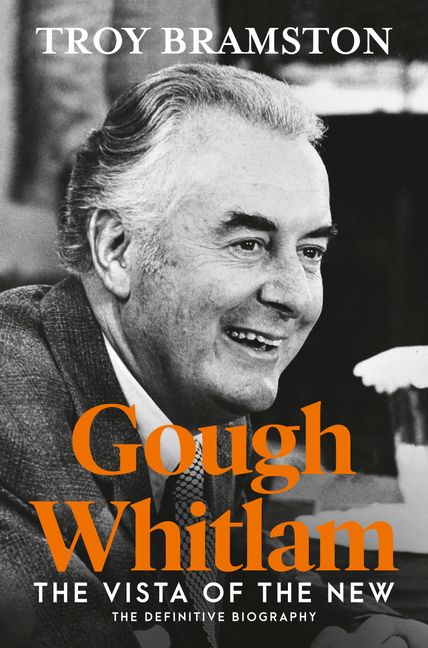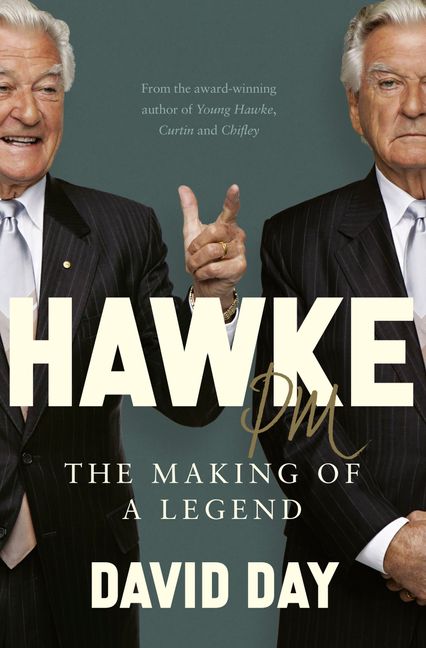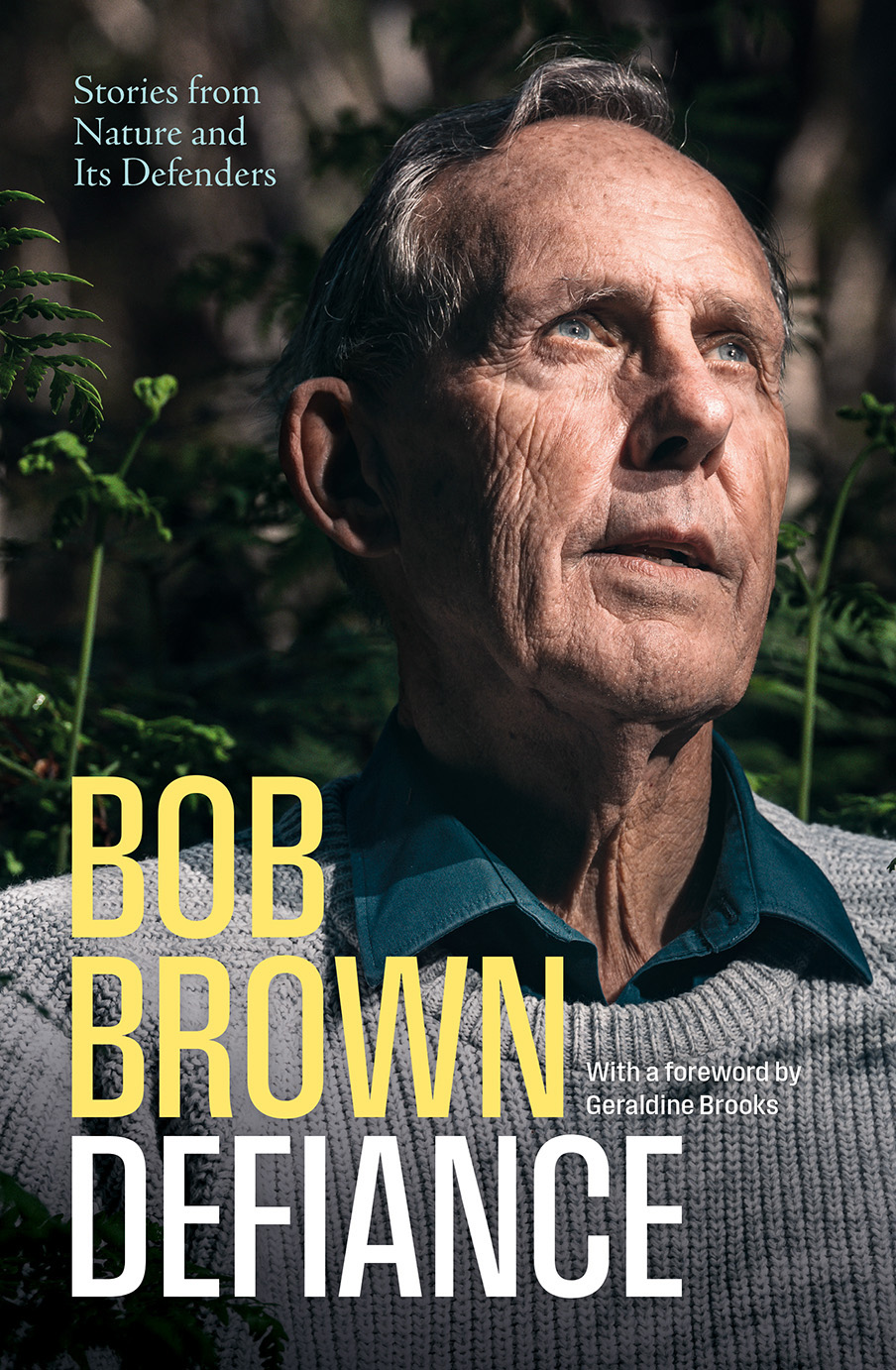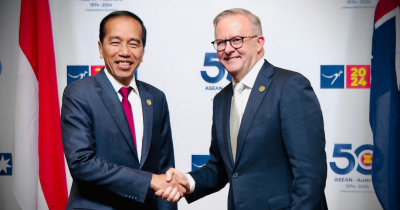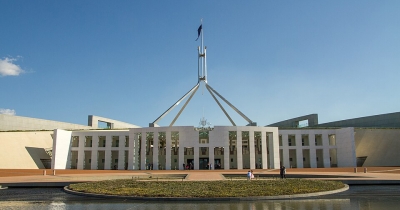Australian Politics
Gough Whitlam: The vista of the new by Troy Bramston
Troy Bramston is fast becoming the Peter FitzSimons of Australian political biography. Every few years a door-stopping volume on a prime minister appears, brandishing the same formula of ‘never before seen’ documents and ‘fresh revelations’. In the Acknowledgements to this latest biography of Gough Whitlam, Bramston virtually pleads with readers to render homage to the ‘hundreds’ of interviews he conducted, the ‘thousands’ of pages turned in archives, the miles clocked in libraries visited. There is a diligent busyness to the enterprise. But Bramston’s relentless emphasis on the quantitative smothers his underlying inability to master the material. The result, sadly, is an incomplete picture of Whitlam: a workman-like chronicle of the life, but not a deep exploration of the political and intellectual dimensions of the man.
... (read more)This week, on The ABR Podcast, Patrick Mullins reviews Hawke PM: The making of a legend by David Day. Approaching Day’s second volume of the Hawke biography, Mullins asks: ‘how much more can there be to say?’
... (read more)There is a fine tradition in Australia of two-volume prime ministerial biographies. John La Nauze on Alfred Deakin (1965), Laurie Fitzhardinge on Billy Hughes (1964, 1979), John Edwards on John Curtin (2017, 2018), Allan Martin on Robert Menzies (1993, 1999), Jenny Hocking on Gough Whitlam (2009, 2012): all are insightful and enduring accounts of significant figures who exerted deep influence on the country.
... (read more)Defiance: Stories from nature and its defenders by Bob Brown
In a dark age on a burning planet, radical hope is not an easy assignment, but every decade or thereabouts, Bob Brown invites Australians to give it a crack. His Memo for a Saner World (2004) was followed by Optimism (2014), and his new release, Defiance, opens as a redux of both, with the cinematic story of the environmental campaign that changed Australia’s political contours.
... (read more)This week, on The ABR Podcast, we feature Sean Scalmer’s commentary ‘Albanese’s “Australian Way”: The rise of “progressive patriotism” and its complex past’. Scalmer investigates Albanese’s definition of the ‘Australian Way’, which ‘served as a touchstone on the campaign trail’, and asks what this ethos represents for the Labor government, particularly in the context of Australia’s complex history of labour reform.
... (read more)‘To the victor belongs the spoils.’ The adage is attributed to William Macy, New York senator and defender of Jacksonian democracy. The aftermath of victory allows one to frame significance, settle scores, and proclaim lessons that will justify and guide a new government.
... (read more)This week on the ABR Podcast we feature James Curran’s commentary ‘Balance sheet blues: The pros and cons of Pax Americana coming to an end’. Curran’s focus is the evolving relationship between Australia and America during and beyond Trump’s second administration.
... (read more)For Australia, a nation that has long balanced its economic ties to Asia with its security alliance with the United States, the second Trump administration represents an unprecedented challenge to its foreign policy. The return of Donald Trump to the White House has ushered in a new era of economic nationalism that threatens to reshape the Asian security landscape. For the newly re-elected Albanese Labor government, this presents plenty of risks. But its decisive mandate also provides an opportunity for Australia to develop greater self-reliance in foreign policy and deepen relationships across Asia.
... (read more)Last month’s remarkable federal election result has produced a metric plethora of articles explaining how it was achieved and what it means for the government, for the electorate, and for elections to come.
... (read more)As we go to press, a May federal election seems likely – though anything seems possible in 2025. Last November, we invited a number of key commentators to reflect on the US presidential election, with a particular focus on the Australian obsession with American politics. As Australians prepare to vote, we wanted to do something similar – to come at our election from a different angle.
... (read more)

